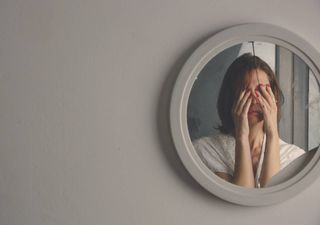
According to a very unconventional study, it was discovered that unattractive people can die earlier than more beautiful people. Find out more about this fact here!
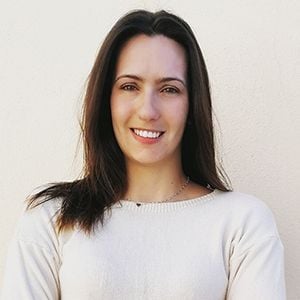
Paula Gonçalves graduated in Geography (2014) and Master in Geographic Information Systems and Spatial Planning (2016) by the Faculty of Letters of the University of Porto, where she found her fascination with Cartography, Applied Climatology, Public Health and Natural Risks.
Since the end of the degree, she has been involved in research projects related to climatology, namely participating in an International Citizen Sensing project - urban climate resilience through participatory risk management systems, between 2018 and 2020, she participated and presented works in several national and international conferences, more related to her specialisation, she had the privilege, in 2017, of teaching applied Climatology, as a guest assistant, at the Faculty of Letters of the University of Porto and is also a founding member of the Portuguese Association for Geographic Information Systems.
Of all the published scientific works, it is worth highlighting her participation as co-author in the books O(s) Climas de Gaia and Plano Metropolitano de Adaptação às Alterações Climáticas: Metroclima. Porto.
She is currently a Geographic technician at the Forestry Technical Office in the Municipality of Vale de Cambra.

According to a very unconventional study, it was discovered that unattractive people can die earlier than more beautiful people. Find out more about this fact here!
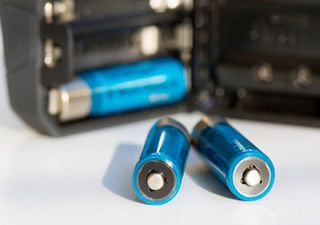
According to an American study, rechargeable lithium-ion batteries in electric vehicles and devices are considered a growing source of chemicals.
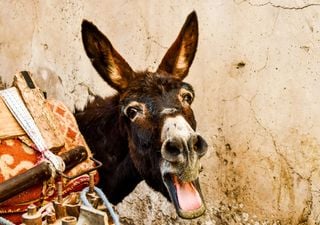
According to a group of scientists, due to the lack of grass found on Lamu Island, donkeys are forced to rummage through garbage, but could this be a global problem that affects many species?
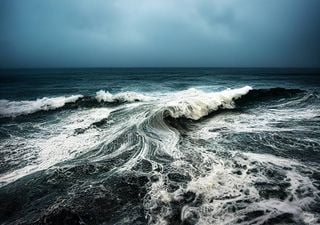
According to new research, one third of the world's ocean surface is increasingly vulnerable to climate change, especially the loss of oxygen and its acidification.
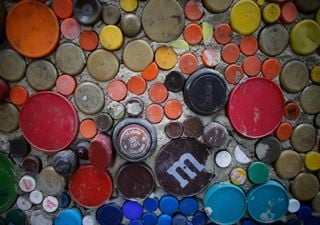
Studies reveal that red, blue and green plastic breaks down into microplastic particles faster than simpler colors. Find out more here!
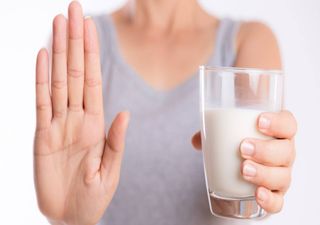
Harvard biomolecular archaeologist analyses why the majority of the world's population has difficulty digesting the drink that helped shape civilisation, milk.
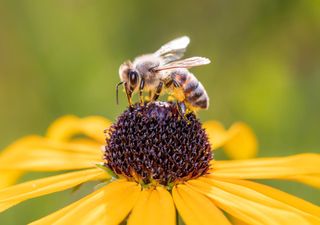
Flowering plants use some signals, such as nectar activation, to communicate with their pollinators. Stay here to find out more!
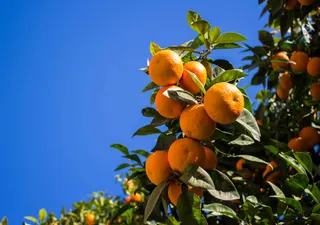
Much of the urban space is made up of oaks, maples, firs or pine trees, but few fruit trees are planted on public property, despite their ability to provide a lot of food. But why does this happen?
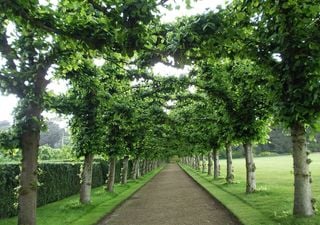
Reforestation is one of the main reasons for the regression of global warming in the eastern United States, where temperatures have stabilised or even decreased. Find out more here!
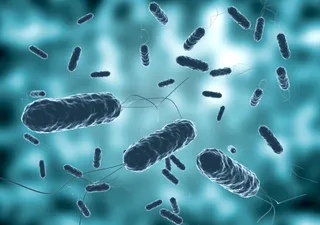
An illness called "fried rice syndrome" has caused some panic online after a 2008 case resurfaced. Find out what's behind this food poisoning and how to avoid it here.
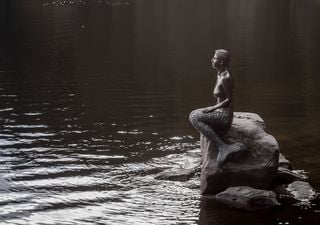
Au mois de septembre dernier, une créature très similaire à une sirène s'est échouée sur une plage de Papouasie-Nouvelle-Guinée. Que disent les experts à ce sujet ?
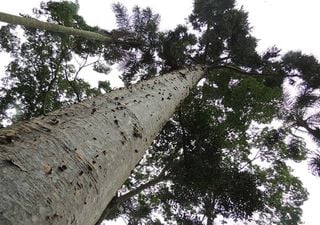
A Kauri tree stump that is still alive was recently discovered by two botanists in a forest in New Zealand. Discover the mystery behind this tree here.
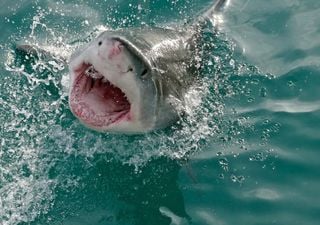
A study on sharks trapped on a golf course in Australia raises questions about their survival in low-salinity waters. Find out more here!